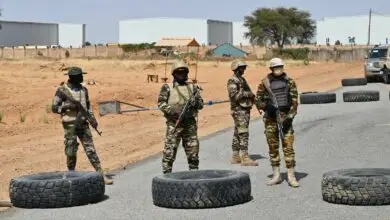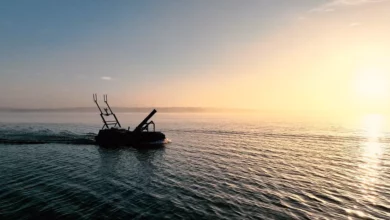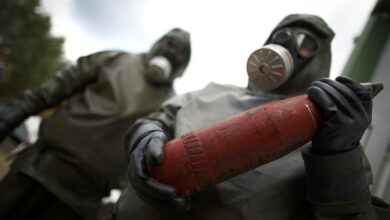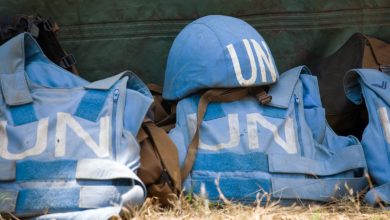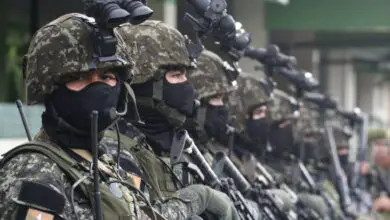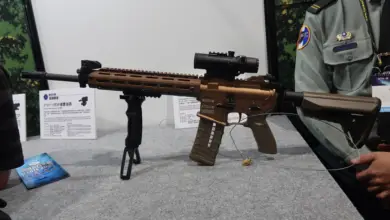Taiwan Leader Vows Island Will Be Democratic ‘for Generations’
Taiwan President Tsai Ing-wen said Tuesday that democracy has thrived on the island despite increased Chinese pressure, and vowed that its people would remain “free for generations.”
She also stressed that “peace is the only option” in relations with China, which claims the self-ruled island as its territory, and has in recent years stepped up military and political pressure against Tsai’s administration.
Taiwan sees near-daily Chinese warplanes incursions around the island, while on the international stage, Beijing has poached its diplomatic allies in a bid to isolate it.
In a National Day speech, Tsai said it was her duty to “safeguard our national sovereignty and the democratic and free way of life” of Taiwan’s 23 million people.
“In the midst of tremendous internal and external pressures, Taiwan’s democracy has grown and thrived… and we have emerged with even greater resilience,” she said.
“To protect Taiwan’s democracy is to protect the universal value of democracy.”
“The Taiwanese people,” she added, “will be a democratic and free people for generations to come.”
Tsai — who is in her final year of office — also appeared to strike a conciliatory tone with Beijing, saying that Taiwan seeks “free, unrestricted, and unburdened interactions between people across the strait.”
She said Taiwan was looking to develop “a path to peaceful co-existence” with its giant neighbor and reiterated that peace “is the only option across the strait.”
“Maintaining the status quo, as the largest common denominator for all sides, is the critical key to ensuring peace,” she said.
Tsai — in power since 2016 — is unable to run for president again due to the island’s two-term limit.
Since she was elected, relations with Beijing have deteriorated, due to her and her administration’s refusal to accept that Taiwan belongs to China.
In response to Tsai’s speech, China’s foreign ministry accused Tsai’s Democratic Progressive Party (DPP) of being the “biggest threat to peace.”
“The biggest threat to peace and stability in the Taiwan Strait is the DPP authorities’ stubborn position to pursue independence and their collusion with external forces to seek independence and make provocations,” said ministry spokesman Wang Wenbin.
Status Quo Support
Beijing has run massive war games around the island in the past year, carrying out simulations of a blockade that have raised the worries of Taipei — as well as key allies such as the United States.
Tsai has, in her two terms, stepped up Taiwan’s defense program by purchasing new weapons, encouraging civilian training, and even commissioning a domestically made submarine — which was unveiled last month.
During Tuesday’s National Day ceremony, Brave Eagle fighter jets flew overhead, expelling smoke trails in red, white, and blue — the colors of Taiwan’s flag — while soldiers gave hand-to-hand combat demonstrations.
The political status of Taiwan remains a hot-topic issue, with China frequently lambasting Tsai’s DPP as agitating for “separatism and independence” — a redline for Beijing.
The vast majority of Taiwanese people — 87 percent — support maintaining the island’s status quo, according to a July poll published by Taiwan’s Mainland Affairs Council, which manages cross-strait issues.
Just over one percent were for “unification” with China while four percent preferred declaring independence outright.
Taiwan will hold national elections in January, with Tsai’s deputy Lai Ching-te the current front-runner for the poll.
He had last week reiterated that there was no need for the island to declare independence. “If it were not sovereign and independent, how can there be a presidential election?” he said.
His opponents — Hou Yu-ih from the China-friendly Kuomintang party and Ko Wen-je from the smaller Taiwan People’s Party — seek to promote closer ties with Beijing.



